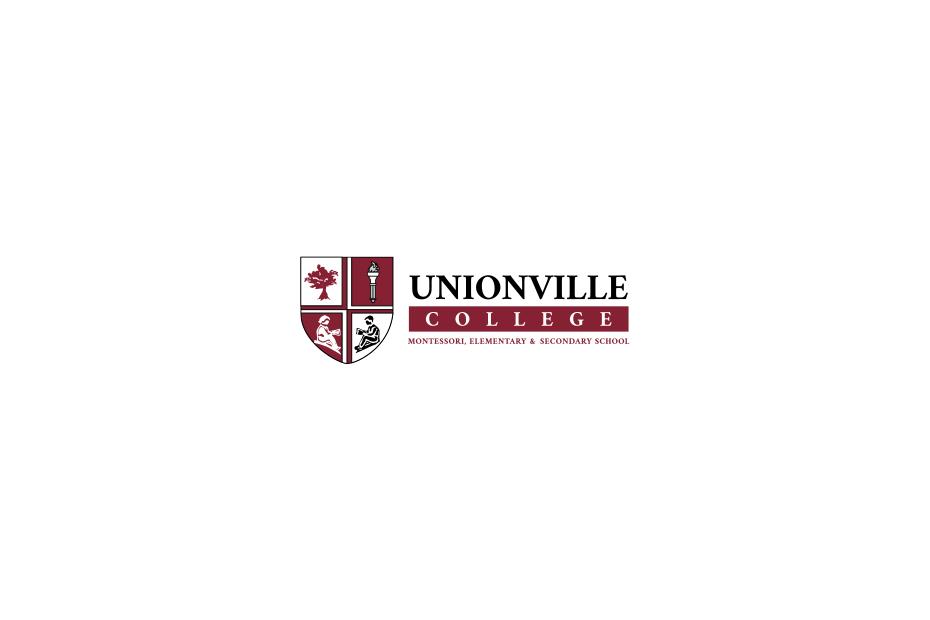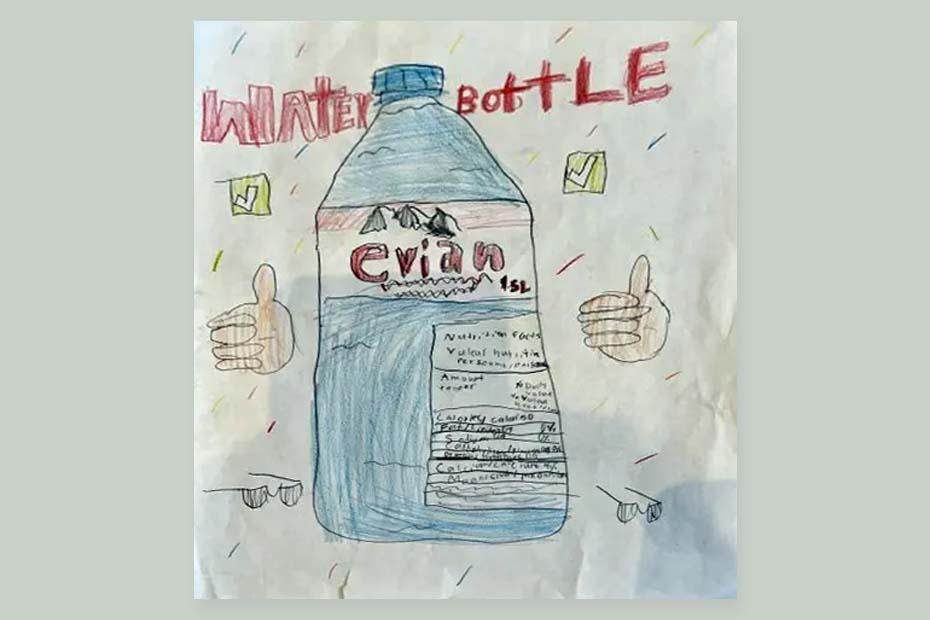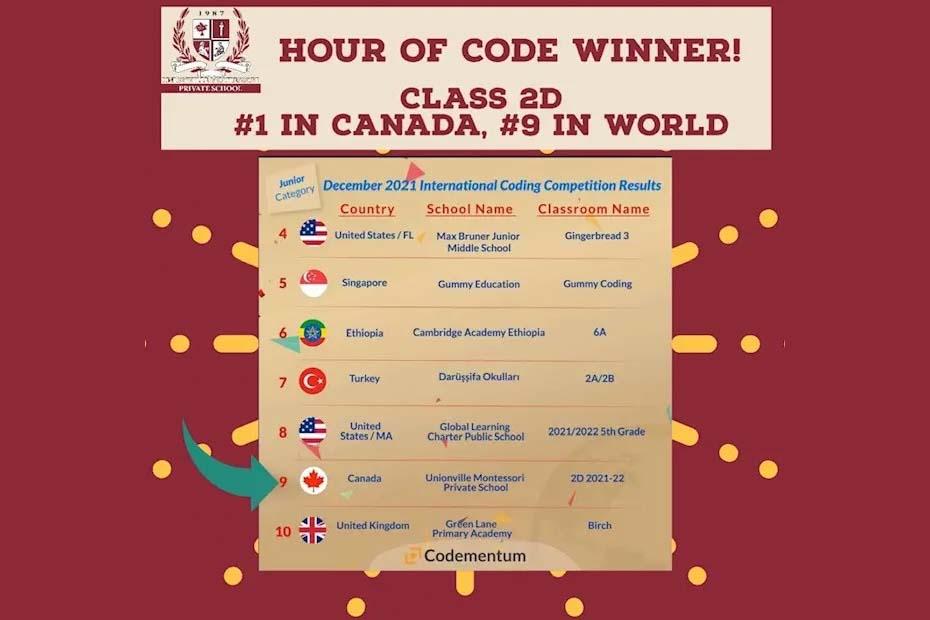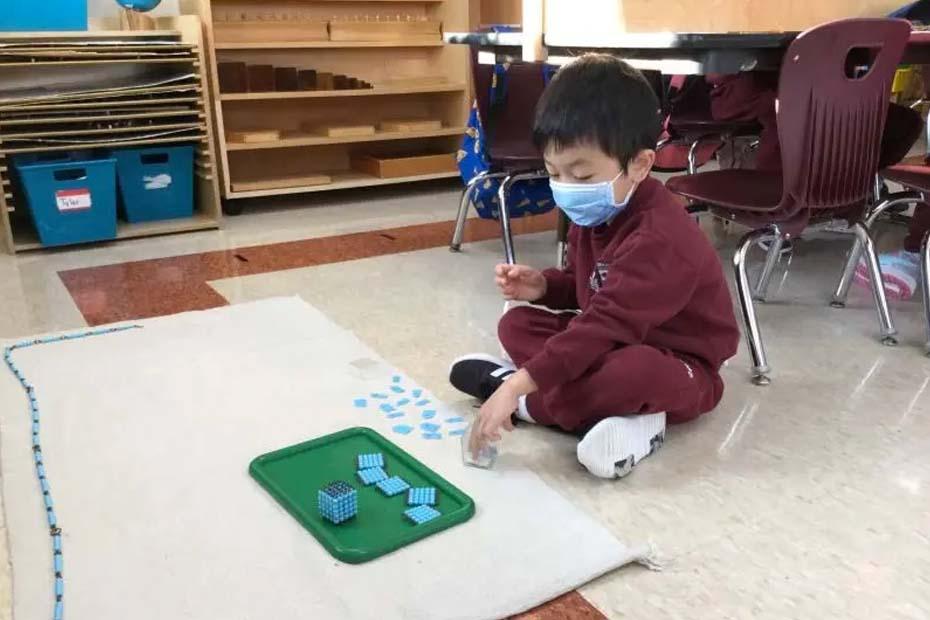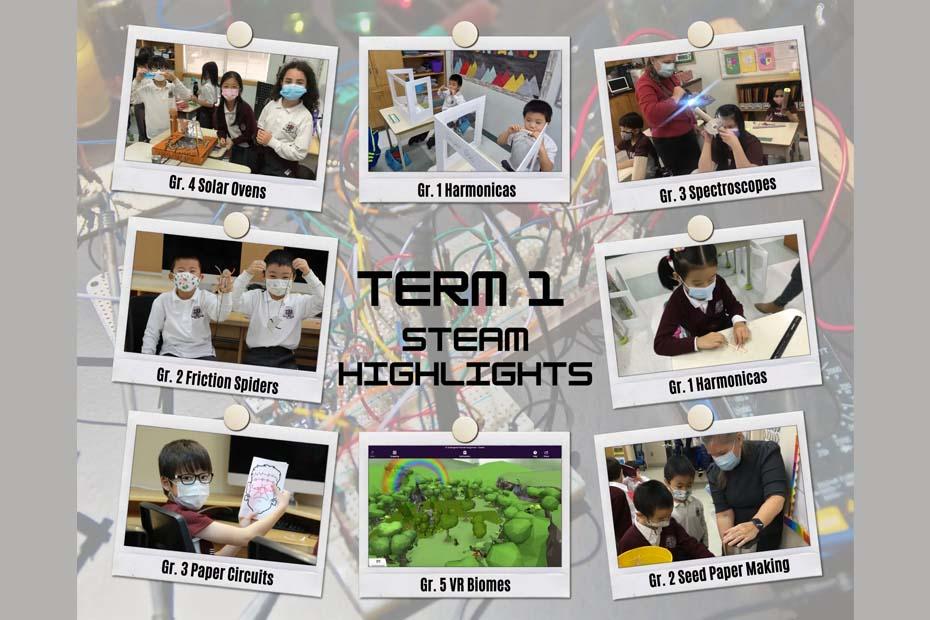One of the more surprising Montessori terms to those unfamiliar with Montessori is the word “work”. When a child is engaged in an activity, we say not to interrupt the child’s work, instead of using the words “activity” or “play”. There is some confusion on why Montessori activities are called “work”. When we think about work, we may think of punching a time clock and putting in several continuous hours of productive labor. Those fortunate enough to love their jobs often use the phrase, “If you love what you do, you’ll never work a day in your life.” Since some adults often think of work as a tiresome chore, using the word in reference to children can give images of tedious tasks, devoid of fun and imagination. Using the word “work” when referring to young children can give the impression that academics are being pushed too early. This is not the case at all. In fact, work vs play is *almost* a simple matter of semantics. With the recent push for play-based learning over traditional preschool learning activities, you may be wondering where “work” fits into this. Is there a reason why Montessori activities are called work? Why not just say “play”?
Maria Montessori observed that children delighted in activities of daily life more so than in fantasy play or with toys. Along with the clear delight, she noticed an intense focus from the children during these activities, along with beaming satisfaction upon completion. This is why you see Montessori environments set up so meticulously, with a child’s absorbent sensibilities in mind. This was the birth of the term “work” in relation to children performing enjoyable tasks, in a well-prepared environment. Play is defined as, “to engage in activity for enjoyment and recreation rather than a serious or practical purpose“. Work is defined as, “to perform or carry through a task requiring sustained effort“. In childhood, the Montessori term “work” is where the traditional definitions for play and work meet. In Montessori, a child’s efforts are not minimized or written off as futile. The word “work” is a respectful way of referring to the natural inclination to explore and learn, or as most people refer to it as “play”. Purposeful play.
Children have fun engaging in Practical Life and other prepared activities while developing skills for future math, handwriting, and more. While many Montessori parents have work areas prepared for their children, open-ended, independent play such as with wooden toys or other loose parts is often encouraged. Sensory activities and other messy play is also encouraged in Montessori homes. Think again about those who say that if you enjoy your job, it doesn’t feel like work. This is what a child engrossed in their work is experiencing; pleasure, growth, satisfaction, and pride. Maria Montessori said, “Play is the work of the child“. In Montessori, we respect this as a fact and that is why Montessori activities are called “work”.
